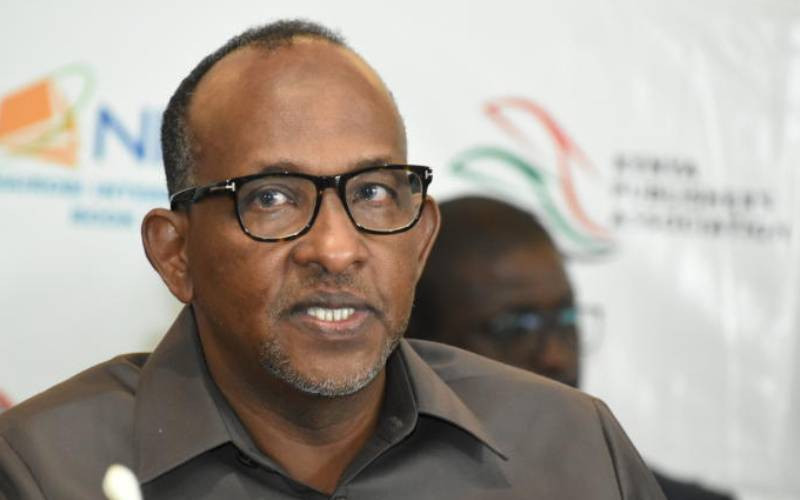By Mark Kapchanga
Findings show only 14 per cent of those interviewed use platfom that makes State data accessible to public.
Two years after the launch of the open data initiative, majority of Kenyans do not know how to use it, a study has revealed.
Jesuit Hakimani, a research body, says that most Kenyans do not know of the open data Government portal.
As a result, they have not used it. Only 14 per cent of the people interviewed use the resourceful portal.
Open data makes State data accessible to the public. It therefore addresses the information gap the nation has been facing for ages where citizens would only engage with their own governance sporadically, usually just at an election every five years.
It covers issues such as national census data, Government expenditure, parliamentary proceedings and public service locations.
“Our information is a national asset. This data is key to improving transparency, unlocking social and economic value and public participation in essential services,” said Bitange Ndemo, the former ICT permanent secretary.
The findings, funded by Mensen met een Missie, reveal 45.2 per cent of respondents agreed or strongly agreed that the open data portal provides helpful information while 22.2 per cent disagreed.
drive innovation
Director of Jesuit Hakimani Elias Mokua says by opening up data, Government can help drive the creation of innovative business and services that deliver social and commercial value.
“Open data enables citizens to be much more directly informed and involved in decision-making. It is not just about knowing what is happening in the process of governance, but being able to contribute to it,” said Dr Mokua.
In 2011, President Mwai Kibaki launched the initiative, making key Government data freely available to the public through a single online portal.
This made Kenya second after Morocco in Africa to have an open Government data portal.
The initiative has been widely acclaimed globally as one of the most significant steps Kenya has made to improve governance and implement the new Constitution’s provisions on access to information.
Stay informed. Subscribe to our newsletter
“In a democratic society, citizens need to know what their Government is doing. To do that, they must be able freely, to access Government data and information and to share that information with other citizens,” said Zacharia Chiliswa, the programmes co-ordinator at the centre.
But with the low awareness about the initiative, Kenyans may fail to realise the potential returns of this initiative.
 The Standard Group Plc is a
multi-media organization with investments in media platforms spanning newspaper
print operations, television, radio broadcasting, digital and online services. The
Standard Group is recognized as a leading multi-media house in Kenya with a key
influence in matters of national and international interest.
The Standard Group Plc is a
multi-media organization with investments in media platforms spanning newspaper
print operations, television, radio broadcasting, digital and online services. The
Standard Group is recognized as a leading multi-media house in Kenya with a key
influence in matters of national and international interest.
 The Standard Group Plc is a
multi-media organization with investments in media platforms spanning newspaper
print operations, television, radio broadcasting, digital and online services. The
Standard Group is recognized as a leading multi-media house in Kenya with a key
influence in matters of national and international interest.
The Standard Group Plc is a
multi-media organization with investments in media platforms spanning newspaper
print operations, television, radio broadcasting, digital and online services. The
Standard Group is recognized as a leading multi-media house in Kenya with a key
influence in matters of national and international interest.






